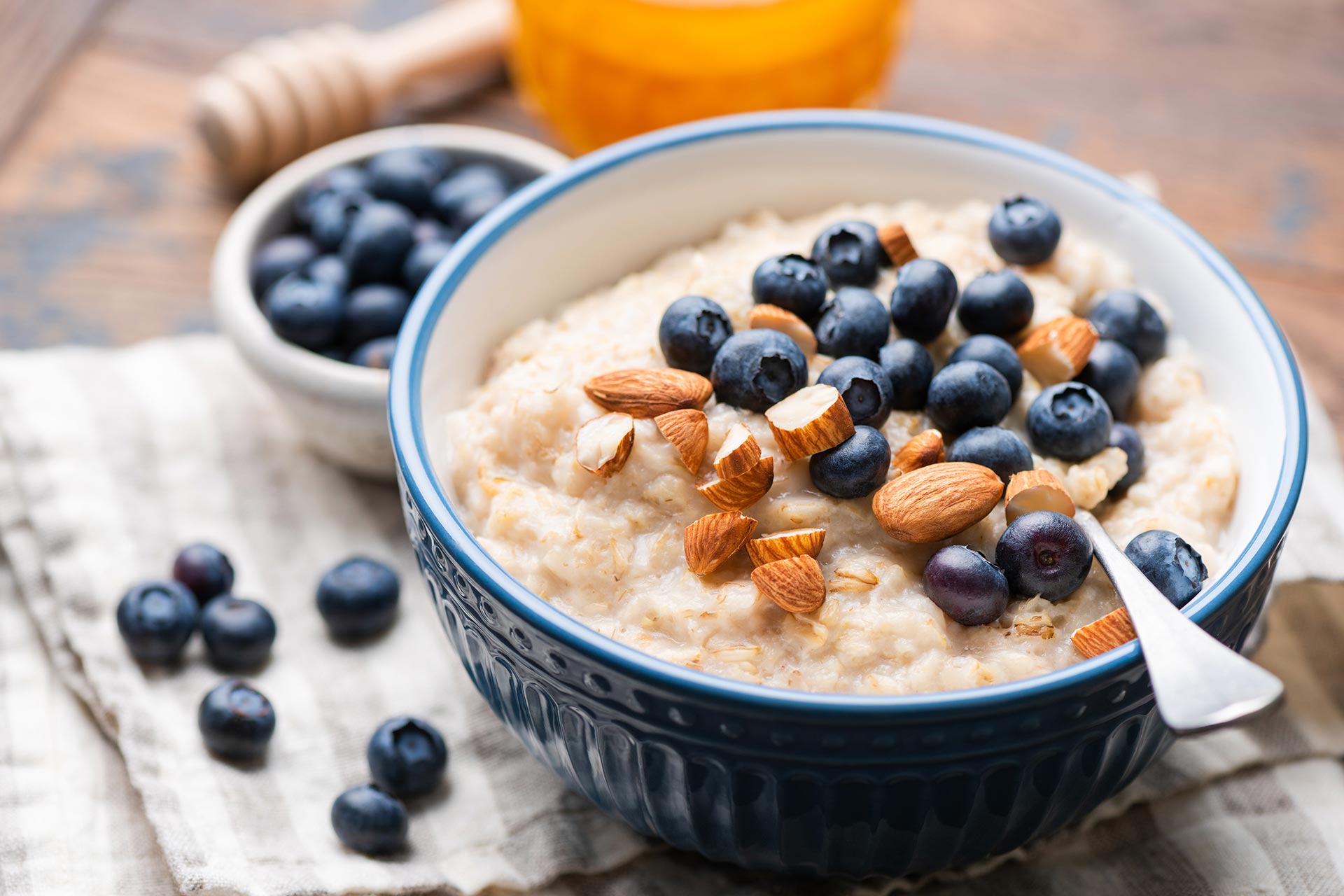During the holy month of Ramadan, there is a good opportunity to lose weight if some golden rules are followed:
1. Don’t skip suhoor (pre-dawn meal)
Skipping suhoor prolongs the fasting period as your body will need to rely on the previous meal to provide you with all the nutrients and energy until iftar (dinner). Due to the longer hours of fasting, you are more likely to feel dehydrated and tired during the day. Furthermore, skipping suhoor also encourages overeating during iftar, which can cause unhealthy weight gain.
Meal replacements are designed to provide you with all the nutrients you need while maintaining a very low calorie intake.
2. Don’t overeat during iftar (dinner)
Iftar should be a well-balanced, nutritious meal and not a feast! Overeating and excessive consumption of high-fat foods in particular may result in indigestion and weight gain. Slow down and enjoy each mouthful of your food.
3. Practice mindful eating
Avoid eating processed carbs, since they spike insulin leading to hunger and weight gain. Consume lean meat, fish or chicken to avoid muscle mass loss. Avoid salty foods as it will cause dehydration and make you feel increasingly thirsty throughout the day.
4. Drink as much water as possible
Drinking enough fluids will not only keep you from becoming dehydrated while you fast, but it will also control your sugar cravings after you break your fast. How much should you aim for? A good two liters or eight glasses of fluids a day will suffice, and it can be broken down like this:
- Two glasses at iftar
- Four glasses in between iftar and suhoor
- Two glasses at suhoor
5. Reduce your intake of caffeinated drinks
Drinks like coffee, tea and colas as these have a diuretic effect and promotes fluid loss.
Wishing you a Happy and Healthy Ramadan from Team Qvie!
Interested in our Meals?




